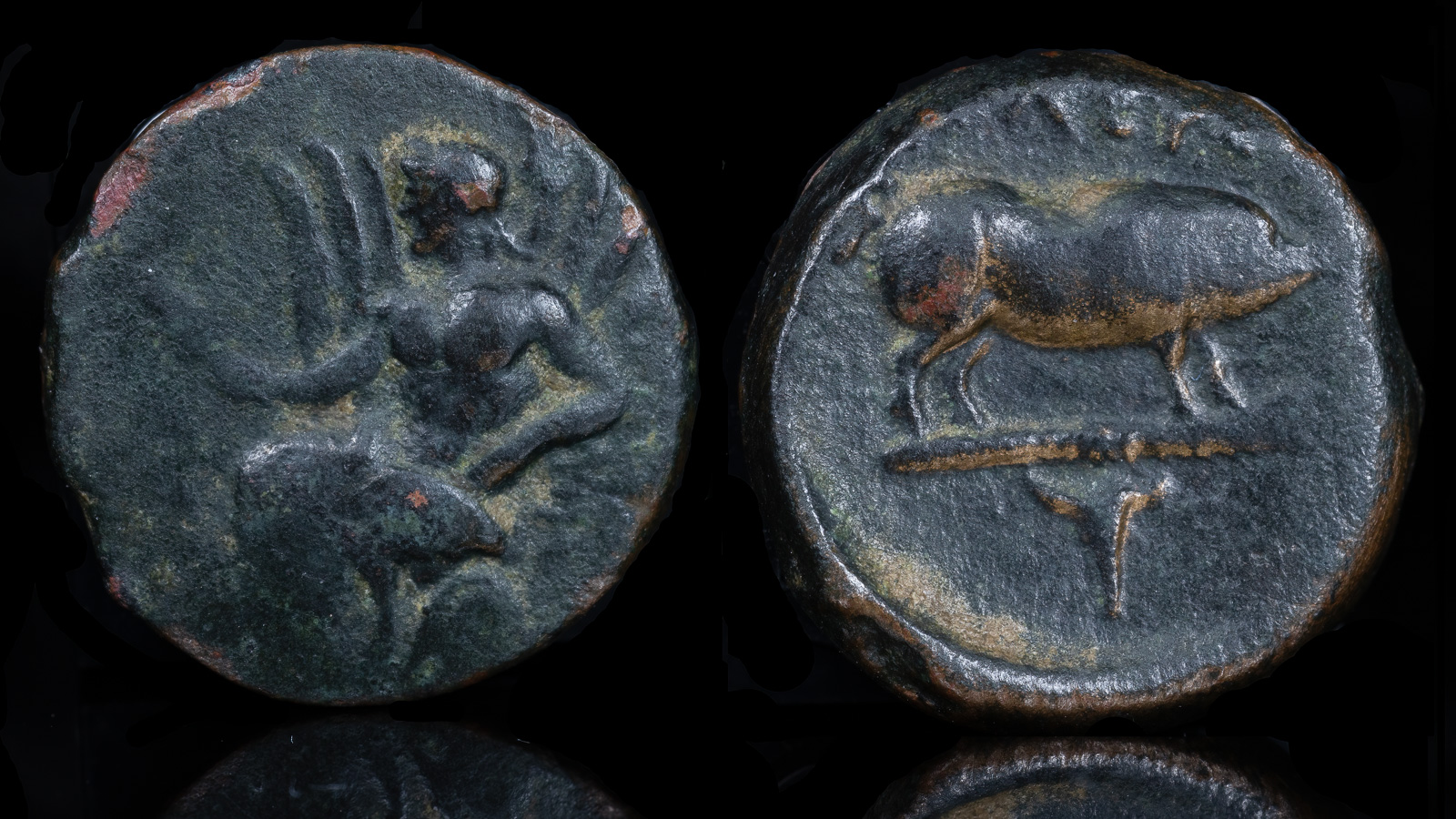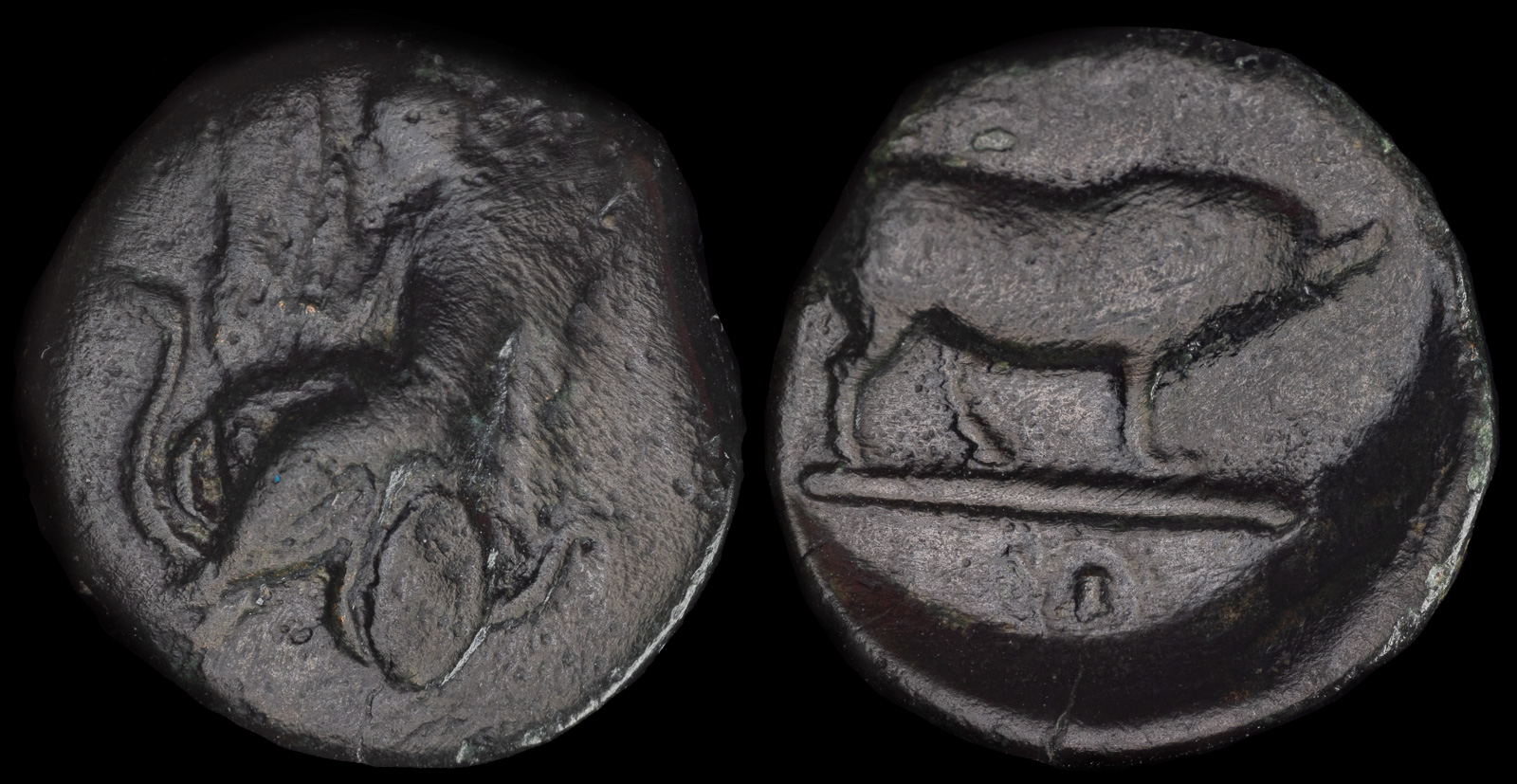Triptolemos
View All Tags
In one version of the myth, Demeter even entrusted Triptolemos with the winged chariot drawn by dragons, allowing him to travel across the world to spread the knowledge of agriculture. He was sent to teach the ancient Greeks how to grow crops and sustain their communities through farming. Triptolemos became a symbol of agricultural progress and is often depicted as holding an ear of grain or riding in a chariot with dragons. This myth highlights his role in bridging the divine and human realms, bringing the vital gift of agriculture to mortals and ensuring the sustenance of life.
Triptolemos’ association with Demeter and agriculture linked him to the Eleusinian Mysteries, the secretive religious rites that celebrated Demeter’s powers of fertility and the seasonal cycle of life and death. These mysteries, held in Eleusis, were deeply connected to the belief that agriculture, death, and rebirth were sacred elements of life. Triptolemos, as the messenger of Demeter’s agricultural knowledge, was a revered figure in these rituals, symbolizing life’s cyclical nature and the enduring bond between humans and the earth.

Attica, Eleusinian festival
350-300 BCE
15.97mm 3.37g
Obverse: Triptolemos in winged car drawn by serpents left
Reverse: Eleusi, pig standing right on mystic staff, bucranium below
SNG Copenhagen 315
Ex Glenn Woods

Eleusis, Attica
ca. 340 – 335 BCE
17mm 3.1g
Obv: Triptolemos holding grain ear leated left in winged chariot being driven by two serpents
Rev: (ELEYSI); Pig standing right on mystic staff, astragal below
Kroll 38 o-p